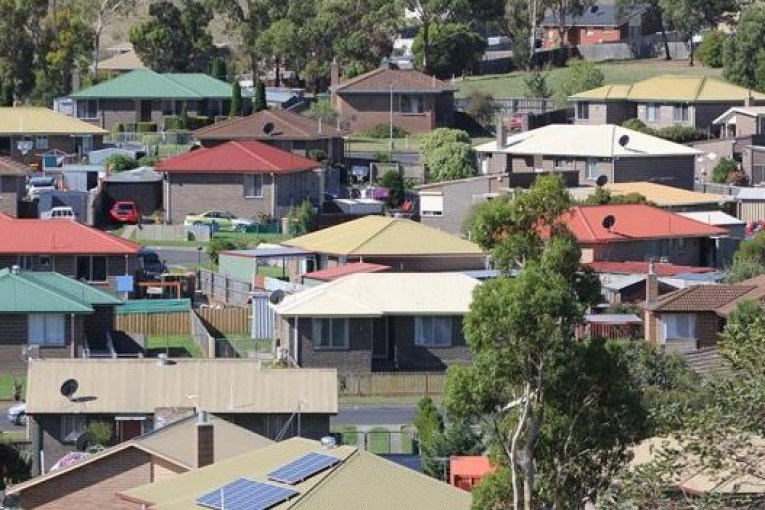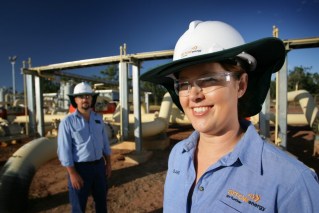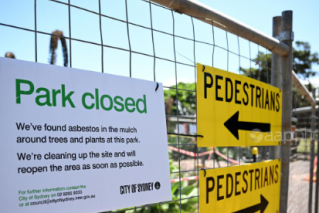Why farmers are being urged to cash in on renewables
A new report into renewable energy in Australian agriculture has called for a national audit of its use by farmers, as well as more incentives to encourage take up.

Prominent economist Ross Garnaut pictured at Barcaldine which he sees as integral to meeting Australia's future solar energy needs. (file photo)
The “Farm Powered: Opportunities for regional communities” report, commissioned by Farmers for Climate Action, is being launched on Tuesday by economist and climate expert Ross Garnaut.
The report calls on the state and federal governments to provide a mechanism for annual rent to be paid to producers for transmission lines, and subsidies to be made available for batteries.
Farmers for Climate Action chief executive officer Dr Fiona Davis said the report highlights the need for a national climate change and agricultural policy that includes renewables.
“We know that there’s a lot of untapped capacity here … delivering those on farm renewables is critical to the success of our farms into the future,” Davis told AAP.
She said the report outlines the case for subsidies and renewable energy incentives, and ensuring existing solar panels work well on farms.
“Boosting on farm batteries with a subsidy will mean local energy is used locally, reducing strain on the grid and saving farmers money,” she said.
“Australia’s renewables rollout has not been a smooth process … we want to … make sure that farmers can play that key role they have the potential to.”
Australia is looking to build almost 135 gigawatts of renewable energy and more than 10,000kms of transmission lines by 2030 to meet its emissions reduction targets.
Lead author of the report and farmer Karin Stark said a national audit of renewables in agriculture is needed so that targets can be set.
“We need a national energy audit program to support incentives,” she told AAP.
She said governments must help farmers cover the high cost of batteries which can run into the hundreds of thousands of dollars.
“There’s a role there for governments to really support and encourage farmers to use storage particularly … and also to use more renewables to increase reliability, reduce costs and reduce emissions,” she said.
“If we don’t make the right decisions now, we are going to miss those opportunities that set farmers up, that set regional communities up for a shared prosperity,” Ms Stark said.
Davis said a subsidy for farm batteries would help protect Australia’s food supply and to keep food prices down.
“Battery storage can reduce farmers’ costs, and reducing farmers’ costs can reduce the cost of food on supermarket shelves and reduce the cost of living for everyday Australians,” she told AAP.












